Future of Saudi-Iran economic collaboration after deal
A few days after the signing of an agreement between Iran and Saudi Arabia to reopen embassies, the kingdom’s Finance Minister Mohammed al-Jadaan said that his country could soon be investing in the Islamic Republic.
Asked by in Riyadh how soon the world might see the Saudi kingdom making significant investments into Iran and vice versa, al-Jadaan replied: “I would say very quickly.”
“Iran is our neighbor, and has been and will continue to be for hundreds of years,” al-Jadaan said. “So I don’t see any issue that would prevent normalization of the relationship, cross-investments etc.”
The countries additionally agreed that previous cooperation accords — namely a “Security Cooperation Agreement” from 2001 and a “General Agreement for Cooperation” from 1998 covering the fields of trade, economy, sports, technology, science, culture, sports and youth — would be revived.
Tehran’s regional strategy is focused on energy and trade interconnectivity with immediate neighbors. The security aspects of this strategy has been articulated in the so-called Hormuz Peace Endeavor (HOPE).
Saudi Arabia is launching trillions of dollars worth of mega-projects as part of the kingdom’s Vision 2030 plan to diversity away from oil. Iran, whose economy has been under years of Western sanctions, is also trying to diversify its economy.
Al-Jadaan said that there are a lot of opportunities for Saudi investments in Iran. Observers say this is an important indication of underlying political will at the highest level in Saudi Arabia.
According Amwaj.media, a website covering Iran, Iraq and the countries of the Arabian Peninsula, the initial wave of investments could take shape in non-sanctioned industries, such as food and pharmaceuticals, followed by other sectors where creative banking and financial solutions would be put in place.
“Considering the fact that both sides are engaged in economic diversification, there are additionally a number of opportunities in other sectors. One such sector is the mining industry. Of note, Iran has ambitious investment projects in the sector and Saudi investors could certainly profit from the availability of a number of mineral products in their diversification drive,” it said.
Both Iran and the Saudi Arabia are major oil producers. Experts say new geopolitical and energy sector realities could make collaboration in the petroleum sector worthwhile where they can partner to complete their respective value chains, moving away from oil and natural gas towards petroleum products and petrochemicals.
The signs are encouraging. Saudi Aramco CEO Amin Nasser has welcomed the agreement between Iran and Saudi Arabia as a positive development that will certainly help enable future joint projects including swap deals, increasing the efficiency of operations.
Beyond the direct bilateral cooperation in Iranian and Saudi markets, there is plenty of scope for mutually beneficial collaboration involving third parties.
For instance, experts believe that many opportunities exist for joint mining projects in third countries that could generate jobs and economic impetus in the region and build trust between Iranian and Saudi enterprises.
In the energy sector, one tangible project would be to finalize a trilateral agreement between Kuwait, Saudi Arabia and Iran on the offshore Dorra/Arash natural gas field, which would be a win-win-win example for the region.
Riyadh and Tehran could also connect their electricity grids. The bridge to bring about interconnectivity would be Iraq, which relies on Iranian electricity to meet some 10% of demand, and Iranian gas to generate about a third of its supply.
According to Amwaj, Iraqi grid is set to be connected to that of the Persian Gulf Cooperation Council (GCC) business community next year and integrating Iran into the arrangement would be very feasible.
“Such connectivity would introduce opportunities in power trading between the various players, with different peak times for consumption paving the way for meaningful trade in the electricity sector.”
Saudi investments could also promote the emerging transit sector in Iran—a development that would also benefit the growing trade between Russia and the GCC economies. Such projects could translate into increased interconnectivity by sea, rail and road and include already envisaged projects such as the Shalamcheh-Basra rail link which in due course has the potential of moving pilgrims between Mashhad and Karbala, and also Mecca.
Talks between Iranian and Saudi delegations in Baghdad in Oct. 2021 reportedly saw the Iraqi side bring up the idea of an “international highway” connecting Mashhad—the largest pilgrimage site in Iran—and Mecca—the most important center for all Muslims—via the holy city of Karbala in Iraq.
Improving rail and road infrastructure could also increase the number of religious pilgrimages between the neighbors—a development that would promote further cultural, religious and social ties.
Iranian experts believe improved relations with the kingdom could pave the way for better trade relations with other regional powers, especially Egypt. In this context, Iran’s export-driven economic development with a focus on the region would greatly benefit from access to major untapped markets.
It is clear that there are multiple opportunities for Saudi Arabia to invest in Iran. If past experience is anything to go by, Saudi investors have no reason to cool their feet.
One example is the participation of Saudi companies in production of cooking oil in Iran where the kingdom’s largest food producer Savola Group held a stake in an Iranian company which accounted for 40% of the country’s edible oil market.
Savola acquired a holding of 49% in Iran’s Behshahr Industrial Company in 2004 before raising the stake to 80%.
The Saudi group, which also operates in Egypt, Algeria, Sudan, Turkey, Morocco, Jordan and Kazakhstan, generated more than 15% of its revenues from business in Iran.
Rebranded as Savola Behshahr, the firm's revenues from Iran increased by almost a third to $1.17 billion in 2012, about 42% of its global edible oil sales.
US-Israeli strike targets IRIB facility; broadcasts continue
IRGC: Latest waves of Op. True Promise 4 led to tanker strikes, base shutdowns, heavy casualties
CENTCOM confirms US troops killed in Iran’s retaliatory strikes
China ‘strongly condemns’ US-Israeli assassination of Iran’s Leader
Iran sees no limits in defending itself after Leader's ‘dangerous’ assassination: FM
IRGC strikes USS Abraham Lincoln aircraft carrier with volley of ballistic missiles
Iranian armed forces to pulverize US bases across the region: Pezeshkian
Enemy will take dream of enslaving the Iranian nation to grave: Army chief


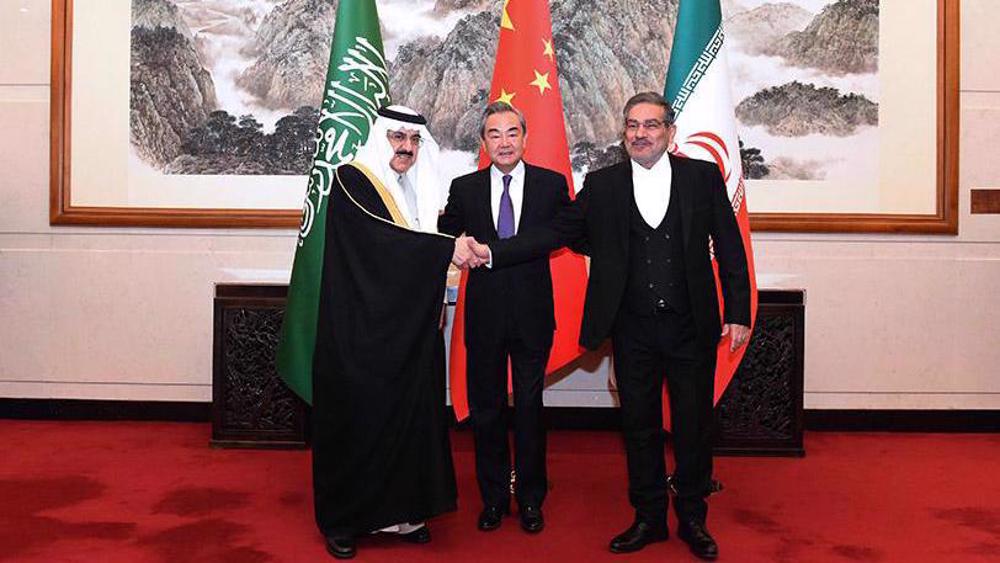
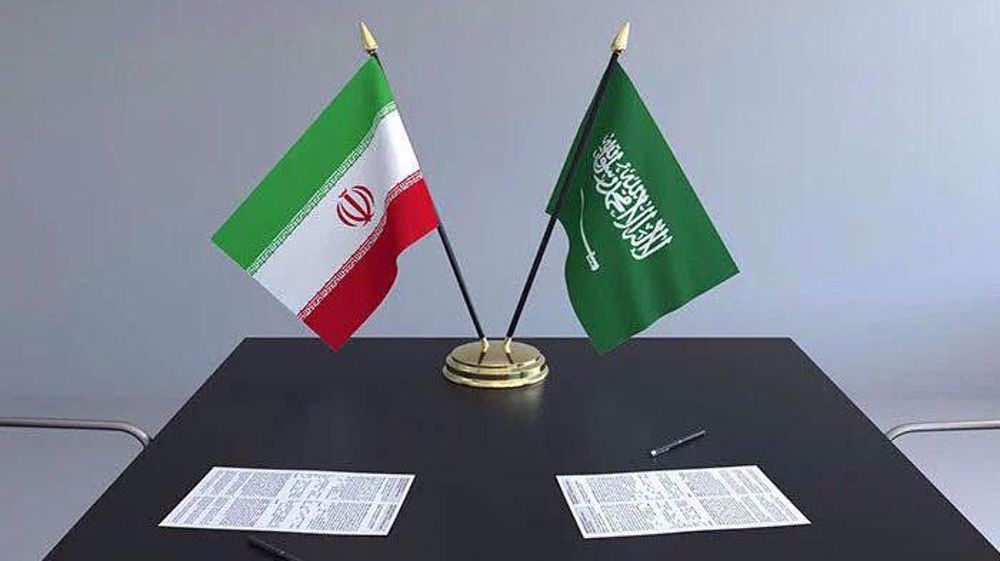
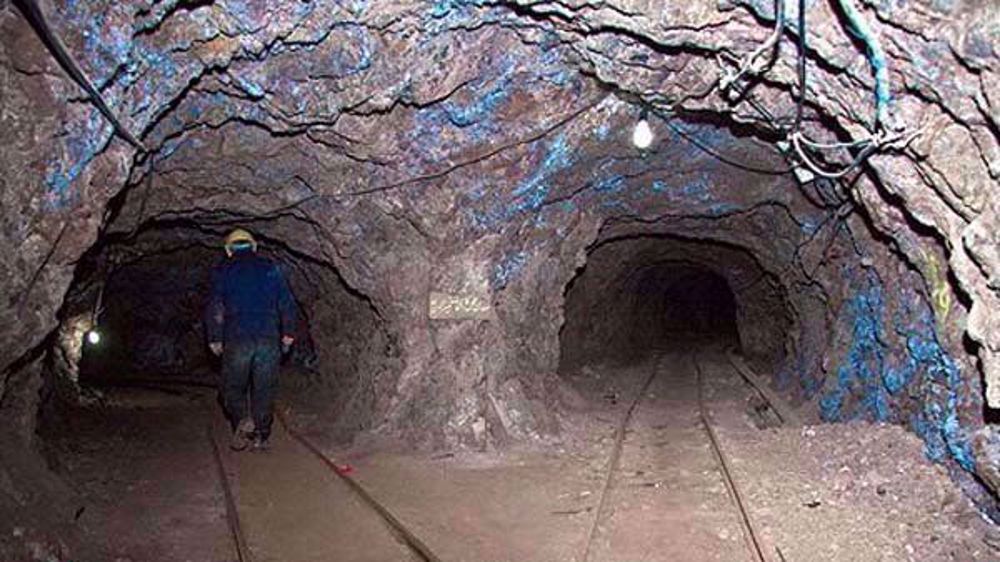
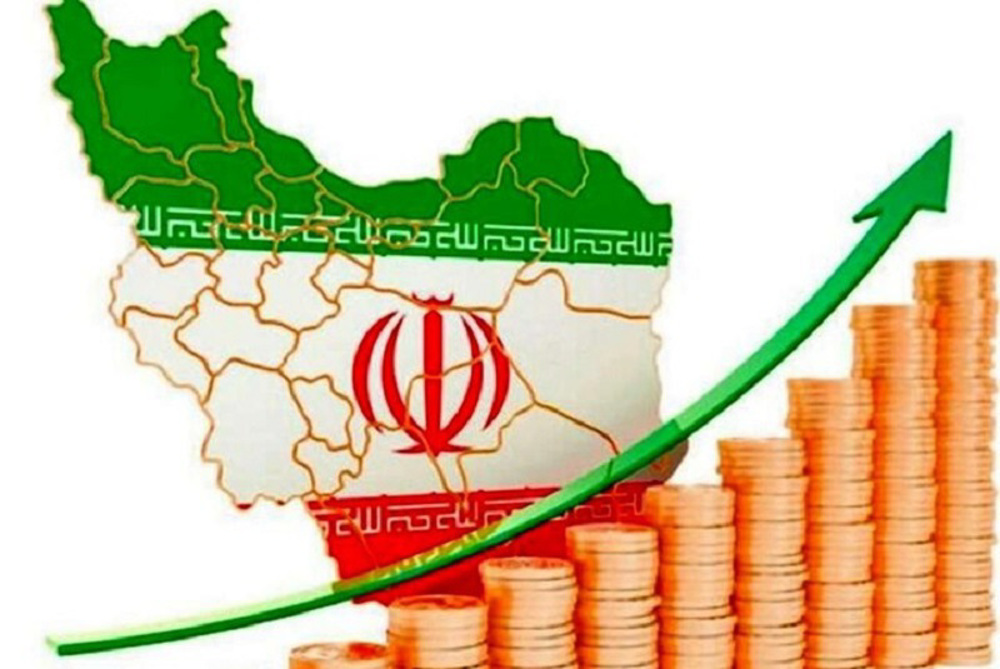
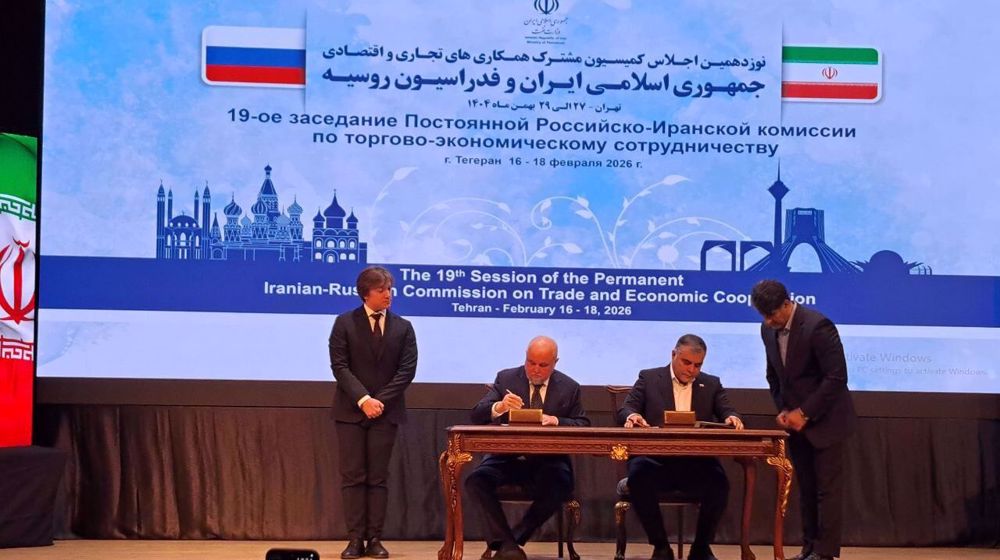




 This makes it easy to access the Press TV website
This makes it easy to access the Press TV website